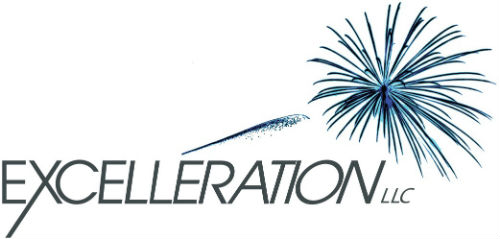Asking for Feedback: An Important Leadership Skill
/In Honor of Presidents’ Day, I’m going talk about John Quincy Adams as an example of someone who was quite extraordinary but really could have benefitted from asking for feedback. As you may recall, he was our 6th President, but his presidency is widely viewed as a failure because he refused to work collaboratively with Congress. Basically, he thought they were narrow minded idiots and let them know that. Therefore, he got nothing done. Why should we care? We can learn from him as an example of someone who had great success early on and then fell on his face. He was an ambassador at age 26. He expanded US territory to the Pacific, negotiated the purchase of Florida, wrote the Monroe Doctrine as well as many other huge accomplishments. But as Bill Gates has said, "Success is a lousy teacher. It seduces smart people into thinking they can't lose." When we are experiencing great success, we sometimes forget to seek out others’ opinions and perspectives. However, doing so is really important because it can allow us to avoid missteps that otherwise could cause our careers to stagnate or even derail.
In John Quincy’s case, getting booted out of office by the electorate was also a form of feedback, and he seems to have learned from it. After going home to pout for a little while (understandably) he got back on the political horse, ran for a seat in Congress and was elected nine times to the house of representatives where he was a prominent voice against slavery and is thought to have had a significant impact on Abraham Lincoln and others. He seems to have put aside the arrogance that angered Congress and actually learned to work effectively within it. It took a major failure to make him change. He would have been a lot happier and more effective as President if he had been willing to ask for feedback and engage with others’ perspectives and ideas while still in office.
Regardless of where you are on your career trajectory, asking for feedback is one of the best things you can do to enhance your effectiveness. Reading books is great but books can’t tell you what is not working about your communication style that has your associates STILL not living up to your expectations, your partners NOT getting on board with your brilliant proposals or your clients approaching other firms for work that is in your wheelhouse. No matter how knowledgeable and brilliant we may be, we all have blind spots. Understanding how others are seeing us, helps us to accomplish our goals and avoid serious problems.
I’ve written some articles giving more details about this topic, and addressing some of the concerns people often express about conducting leadership interview. So, those are posted below. Have a great week!
The Most Underutilized Tool in a Leader’s Tool Box — This article addresses the most common concerns that people mention when considering leadership interviews.
Using Feedback to Avoid Career Derailment — This article includes recommended questions to ask during leadership interviews. It also describes the differences between leadership interviews and the feedback that you would get in the course of a 360 evaluation or other performance review.


